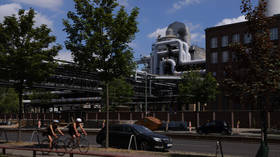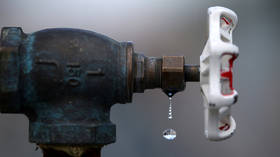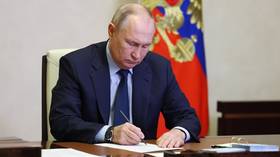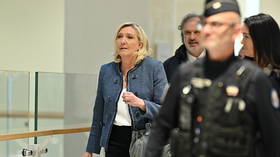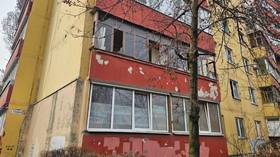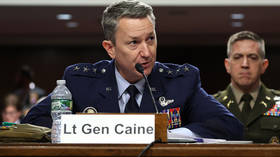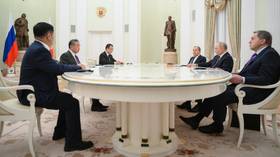Germany risks facing ‘winter of anger’ – media
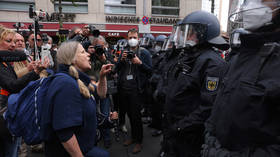
Germany’s federal and regional governments are bracing for a potential wave of protests which might come this autumn or winter, the state-funded ARD and RBB broadcasters reported this week.
Chancellor Olaf Scholz’s cabinet fears that rising food and energy prices could lead to social unrest and be exploited by various “radical” movements, the outlets explained.
According to the media, the protests might be similar to the ones Germany experienced during the Covid-19 pandemic, when the government faced resistance to its lockdown and vaccination policies. ARD’s Tagesschau news service reported that some groups have already sought to organize protests in Berlin under the slogans “Revolt,” “Uprising,” and “Civil War.”
According to the reports, the protests might be similar to those experienced during the Covid-19 pandemic, when the government faced resistance to its lockdown and vaccination policies.
The new rallies might once again unite people known as the Querdenker (lateral thinkers) in Germany. This is a loose organization of grassroots movements that became prominent during the anti-lockdown protests. The German media has repeatedly pointed to the movement’s supposed links to various far-right extremist groups.
A “Free Saxony” movement in the eastern German state of Saxony has also called for “massive civil resistance,” according to Tagesschau, citing Matthias Quent, a researcher with the Magdeburg-Stendal University of Applied Sciences.
Saxony’s interior minister, Armin Schuster, also told ARD that his ministry was preparing for “various” scenarios, adding that some “groups, activists or parties” might seek to “exploit” the current situation for their own narrow goals. Some of those who “mobilize and agitate” people had already drawn the attention of his ministry, he added.
According to the media, German Economy Minister Robert Habeck also faced criticism during his summer tour across Germany and his speech in the town of Bayreuth in Bavaria was “massively disturbed” last week. The protesters, who staged demonstrations during his tour reportedly called for the launch of the Nord Stream 2 gas pipeline to alleviate the energy crisis. They also allegedly demanded sanctions imposed against Russia be lifted.
Tagesschau then branded these demands as a “pro-Putin, anti-liberal stance,” referring to Russian President Vladimir Putin, who was broadly condemned by Western leaders over Russia’s ongoing military operation in Ukraine.
Schuster has meanwhile called for a “cross-departmental crisis team” to mitigate the effects of rising prices and energy costs as well as prevent any potential social unrest. “The quality of the federal government’s crisis management will be a decisive factor in the extent of the existential fears and thus possible social protests,” he said, adding that should Berlin fail to manage the crisis properly, a “large protest movement” would arise in Germany.
Germany has been bracing for an energy crisis as the EU attempts to reduce the bloc’s reliance on Russian energy amid a standoff over Moscow’s military action in Ukraine. Gas prices have nearly quadrupled this year, primarily due to a shrinking flow from Russia, the continent’s major supplier.
This has already prompted officials across Germany to take some precautionary measures, ranging from capping maximum heating temperatures in public buildings to creating “warm-up spaces” to help those struggling to pay their heating bills.
